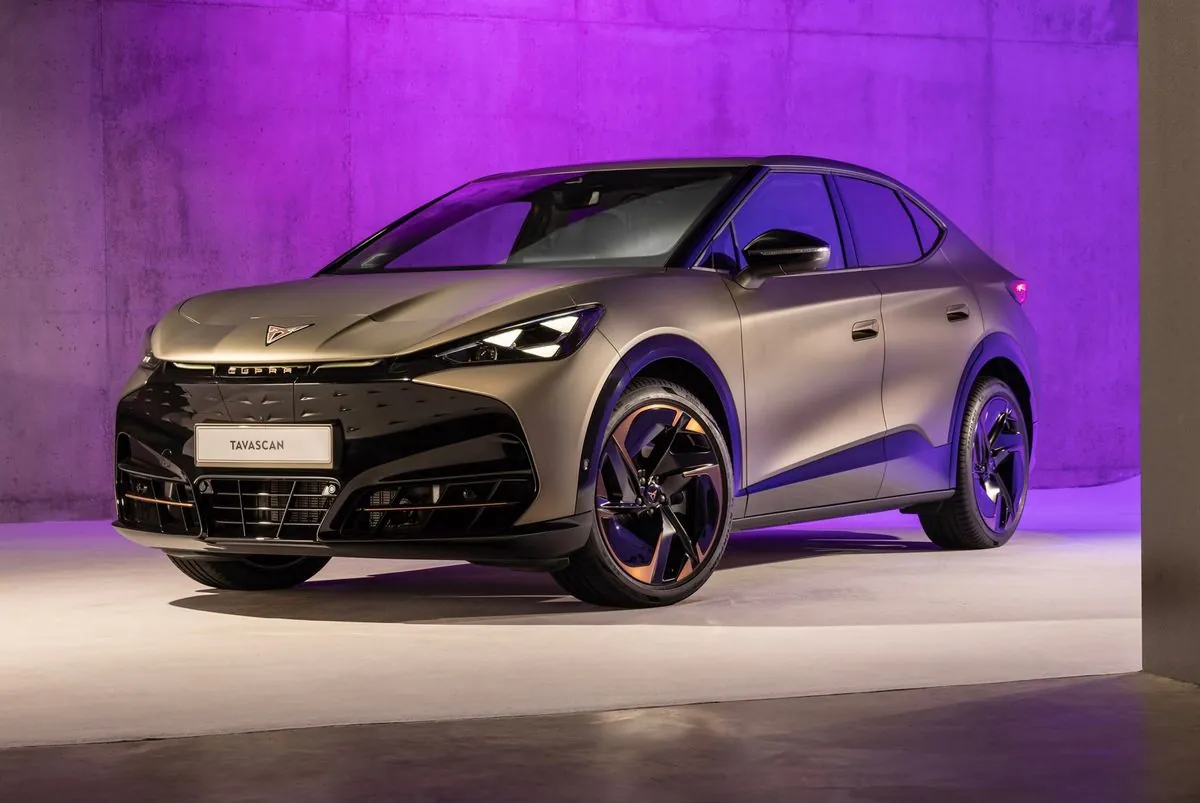Volkswagen's Cupra brand faces a significant challenge as proposed European Union tariffs on Chinese-made vehicles threaten its viability. This development underscores the complex interplay between EU trade policies and the global strategies of European automakers.
The Cupra Tavascan, an all-electric SUV priced at approximately €52,000, could be subject to a 21.3% tariff under the European Commission's proposals. This tariff, aimed at Chinese-made vehicles, would be in addition to the EU's standard 10% duty on car imports, which has been in place since 1968.
Wayne Griffiths, CEO of Volkswagen's Seat and Cupra brands, expressed grave concerns about the impact of these tariffs:
"It puts the whole financial future of the company at risk. The intention was to protect the European car industry but for us, it's having the opposite effect."
Griffiths emphasized that raising the price of the Tavascan is not feasible in the current European economic climate, leaving Volkswagen unable to absorb the additional costs.
The situation is further complicated by Volkswagen's investment in its Anhui plant, a joint venture with China's JAC Automobile Group. This facility, which aims to produce up to 350,000 electric vehicles annually, represents a significant commitment to the Chinese market, the world's largest for both conventional and electric vehicles.
The potential impact extends beyond immediate financial concerns. Without projected Tavascan sales, Cupra may struggle to meet EU-mandated carbon dioxide reduction targets in 2025, risking heavy fines. This could force production cuts and potentially affect employment at Cupra's Spanish base.
These challenges come at a critical time for Volkswagen, which recently announced it might close factories in Germany for the first time in its 87-year history. The company is grappling with increasing competition and the entry of lower-cost Chinese manufacturers into the European market.
The EU's tariff proposals have affected other automakers as well. Initially, the Tavascan and BMW's electric Mini faced a 38.1% tariff, which was later reduced to 21.3%. Interestingly, Tesla, which operates a major factory in Shanghai, negotiated a lower 9% duty.
This situation highlights the EU's complex balancing act between protecting domestic industries and maintaining global competitiveness. The European automotive sector, which employs over 14.6 million people directly and indirectly, is a crucial component of the EU economy.
As the global automotive industry shifts towards electrification, with the EU aiming to ban new petrol and diesel car sales by 2035, these trade tensions could have far-reaching implications. Volkswagen's planned €180 billion investment in electrification and digitalization between 2023 and 2027 underscores the high stakes involved.
The Cupra brand, established as a standalone entity in 2018, now finds itself at the center of this international trade dispute. As negotiations continue, the outcome will likely have significant implications not only for Cupra and Volkswagen but for the entire European automotive industry.
